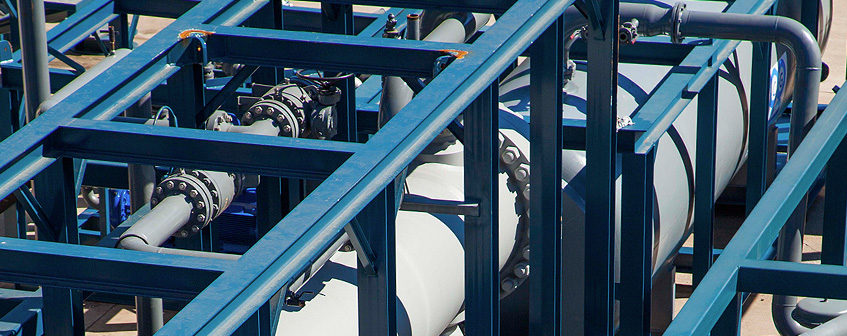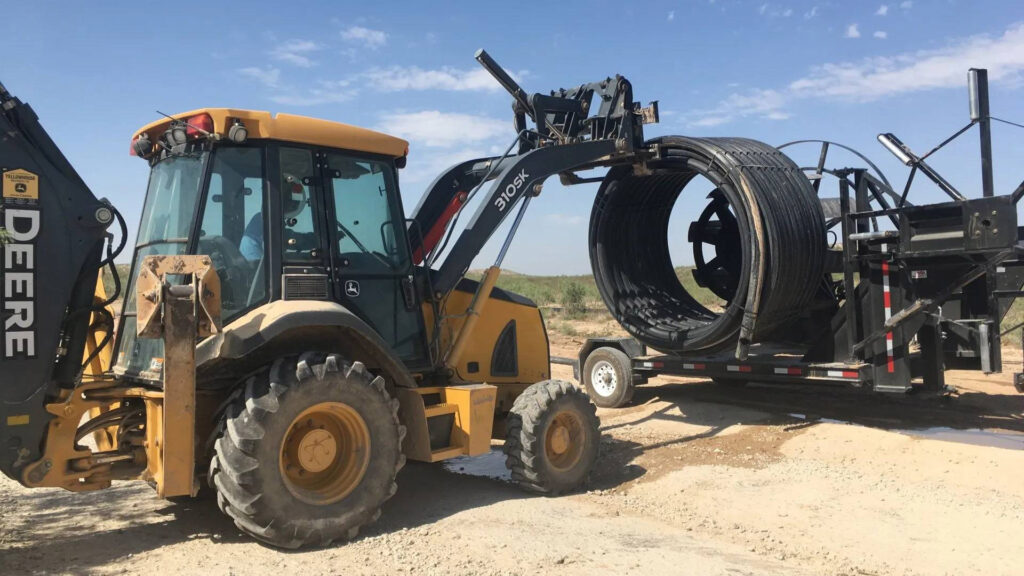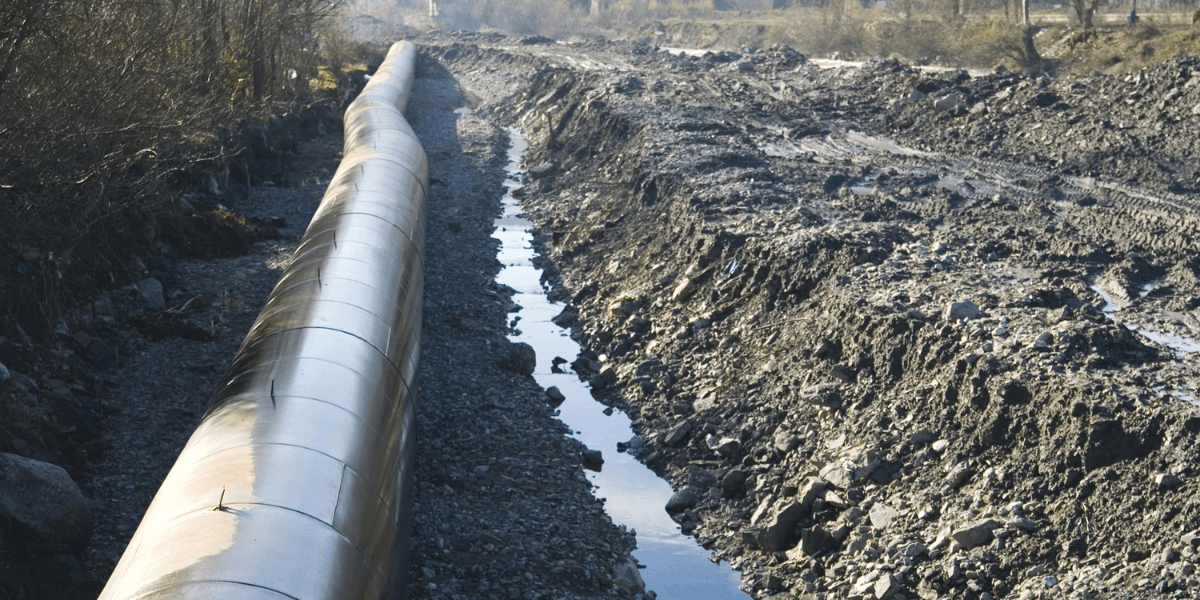Superior Rentals Contact: direct communication options
Wiki Article
A Comprehensive Overview to the Various Types of Oil Field Equipment and Pipeline Equipment Available
The oil and gas industry relies greatly on specific devices for reliable removal and transport. Numerous sorts of equipment, from drilling rigs to tank, play crucial duties in this complex process. Each piece of devices serves unique features that add to total functional success. Comprehending these elements is important for anybody included in the market. As the sector progresses, so also do the modern technologies that sustain it. What innovations are on the perspective?
Drilling Rigs: The Backbone of Oil Exploration
Drilling rigs offer as the important equipment in the domain of oil expedition, allowing companies to gain access to hydrocarbon reserves hidden deep below the Planet's surface. These rigs can be found in different kinds, including land rigs, offshore rigs, and mobile devices, each designed to run in certain environments. Furnished with advanced innovation, drilling rigs can permeate geological developments with precision, making sure efficient resource removal. The structural stability and operational abilities of these rigs are vital, as they must endure extreme problems and substantial stress. Furthermore, the option of an exploration gear impacts the total job price and timeline, making it an essential factor to consider for oil firms seeking to enhance their expedition initiatives and take full advantage of performance in their operations.Pumps: Important for Fluid Motion
In the oil extraction process, the function of pumps is considerable, promoting the activity of liquids throughout different stages of production. Pumps are crucial for transporting petroleum, water, and various other fluids from below ground storage tanks to the surface area and after that with pipelines to refineries. They are available in different types, including centrifugal, positive variation, and completely submersible pumps, each offering certain functions based on the fluid characteristics and operational needs. Centrifugal pumps are generally made use of for their effectiveness in high-flow applications, while positive displacement pumps master taking care of thick fluids. The choice of pump impacts total performance, operational safety, and upkeep prices. Correct selection and upkeep of pumps are essential for enhancing production and minimizing downtime in oil area operations.Valves: Managing Flow and Pressure

Shutoffs play an essential duty in managing the circulation and stress of fluids within oil fields and pipes. Various kinds of shutoffs serve unique applications, each made to fulfill certain features fundamental for effective procedure - Superior Rentals Contact. Understanding the attributes and uses these shutoffs is important for enhancing system efficiency and safety and security
Kinds of Valves
Important elements in oil area procedures, shutoffs play an essential function in managing the circulation and stress of liquids within pipes and tools. Numerous kinds of shutoffs are utilized to meet the diverse needs of oil and gas production. Common types include entrance valves, which offer a straight-line circulation and very little stress decrease; world shutoffs, understood for their throttling abilities; and sphere valves, acknowledged for their quick on/off control. Furthermore, check valves avoid backflow, while butterfly valves offer a lightweight solution for regulating flow. Each shutoff kind is made with specific products and arrangements to hold up against the rough problems commonly discovered in oil fields, guaranteeing reliability and efficiency in operations. Understanding these types is crucial for effective system management.Valve Applications and Functions
While numerous kinds of valves serve distinct purposes, their primary applications rotate around regulating flow and pressure within oil and gas systems. Valves such as gate, world, and ball shutoffs manage fluid movement, making certain peak efficiency and safety. Gateway shutoffs are typically made use of for on/off control, supplying minimal circulation resistance. Globe valves, on the various other hand, offer specific flow regulation, making them appropriate for throttling applications. Round valves are preferred for their fast operation and tight securing abilities. On top of that, stress relief shutoffs are vital for preventing system overpressure, securing equipment honesty. In general, the ideal choice and application of shutoffs enhance functional efficiency, making sure the dependable transportation of oil and gas through pipelines and handling facilities.Compressors: Enhancing Gas Transportation
Compressors play an important duty in the effective transportation of gas, making sure that it moves smoothly via pipelines over cross countries. These devices boost the stress of natural gas, enabling it to get over friction and altitude adjustments within the pipeline system. Additionally, compressors assist in the harmonizing of supply and demand, accommodating changes in intake and production prices. Various types of compressors are utilized in the sector, including centrifugal, reciprocating, and rotary screw compressors, each offering unique benefits based on the operational requirements. Routine upkeep of these compressors is vital to make the most of effectiveness and decrease downtime, inevitably adding to a reputable gas transport network. Their important feature emphasizes the relevance of compressors in the overall oil and gas infrastructure.Storage Tanks: Safe and Efficient Fluid Management
Efficient transport of natural gas depends on various supporting systems, one of which is the proper management of storage tanks. These containers play an important role in safely containing fluids, making certain that functional performance is kept while decreasing ecological dangers. Built from resilient materials, they are made to hold up against high stress and destructive elements. Properly sized and strategically situated, tank help with the smooth flow of gas and other fluids, protecting against traffic jams in supply chains. Routine maintenance and surveillance are important to detect leaks or structural issues, advertising security and conformity with regulative standards. Inevitably, the reliable administration of tank is vital for the overall stability and reliability of the oil and gas sector's fluid handling systems.
Pipeline Equipments: Facilities for Transport
Pipeline systems function as the foundation of the oil and gas market, facilitating the effective transportation of hydrocarbons over huge distances. These systems include numerous elements, consisting of pipes, shutoffs, pumps, and compressors, all meticulously created to guarantee smooth circulation. The materials made use of in pipeline construction, commonly steel or high-density polyethylene, are selected for longevity and resistance to corrosion. Pipeline networks can extend across land and water, linking manufacturing sites to refineries and distribution. In addition, progressed technology allows real-time surveillance of flow rates and stress degrees, boosting operational effectiveness. The calculated positioning of these pipelines reduces environmental influence while taking full advantage of source access, thus playing a necessary duty in conference power demands worldwide.Security Equipment: Making Sure Employee and Environmental Defense
The procedure of pipeline systems, while important for energy transportation, likewise provides considerable safety and security obstacles for workers and the environment. Safety equipment plays a significant function in alleviating these threats. Individual safety tools (PPE) such as headgears, handwear covers, and non-slip shoes safeguards employees from physical dangers. In addition, gas discovery systems keep an eye on for leakages, guaranteeing that dangerous materials do not posture a hazard to employees or the bordering environment. Emergency situation closure systems are imperative for quickly halting procedures throughout a situation, stopping prospective catastrophes. Spill containment materials, consisting of absorbents and obstacles, are basic for decreasing ecological influence. On the whole, purchasing comprehensive security devices is crucial for keeping functional stability and safeguarding both workers and the environment in the oil and gas field.
Regularly Asked Concerns
Just how Do I Choose the Right Oil Field Equipment for My Job?
Picking the best oil area equipment involves examining project specifications, budget plan restraints, and operational demands. Take into consideration variables such as equipment reliability, compatibility with existing systems, Superior Oilfield Rentals oilfield and the provider's track record to guarantee peak efficiency and safety.What Are the Maintenance Requirements for Oil Field Equipment?
Maintenance demands for oil field equipment include regular evaluations, lubrication, and timely repair work. Operators must likewise abide by maker guidelines, screen performance metrics, and guarantee compliance with safety regulations to enhance longevity and performance.
Exactly How Can I Make Certain Compliance With Environmental Regulations?
To ensure conformity with environmental laws, business have to carry out regular audits, carry out best methods, buy training, preserve correct documentation, and remain upgraded on regulations (Superior Rentals fusion machines). Collaboration with ecological firms can also improve adherence to lawsWhat Is the Average Life-span of Pipeline Equipment?
The ordinary lifespan of pipeline devices commonly ranges from 20 to 50 years, depending upon variables such as material quality, ecological problems, and upkeep practices. Routine assessments can greatly influence durability and functional performance.Just how Do I Securely Transport Oil Field Equipment to Remote Locations?
Carrying oil area tools to remote areas requires careful planning, including path evaluation, safeguarding authorizations, using suitable automobiles, and making sure safety and security protocols are followed. Proper training and interaction amongst staffs are essential for successful transport.Report this wiki page